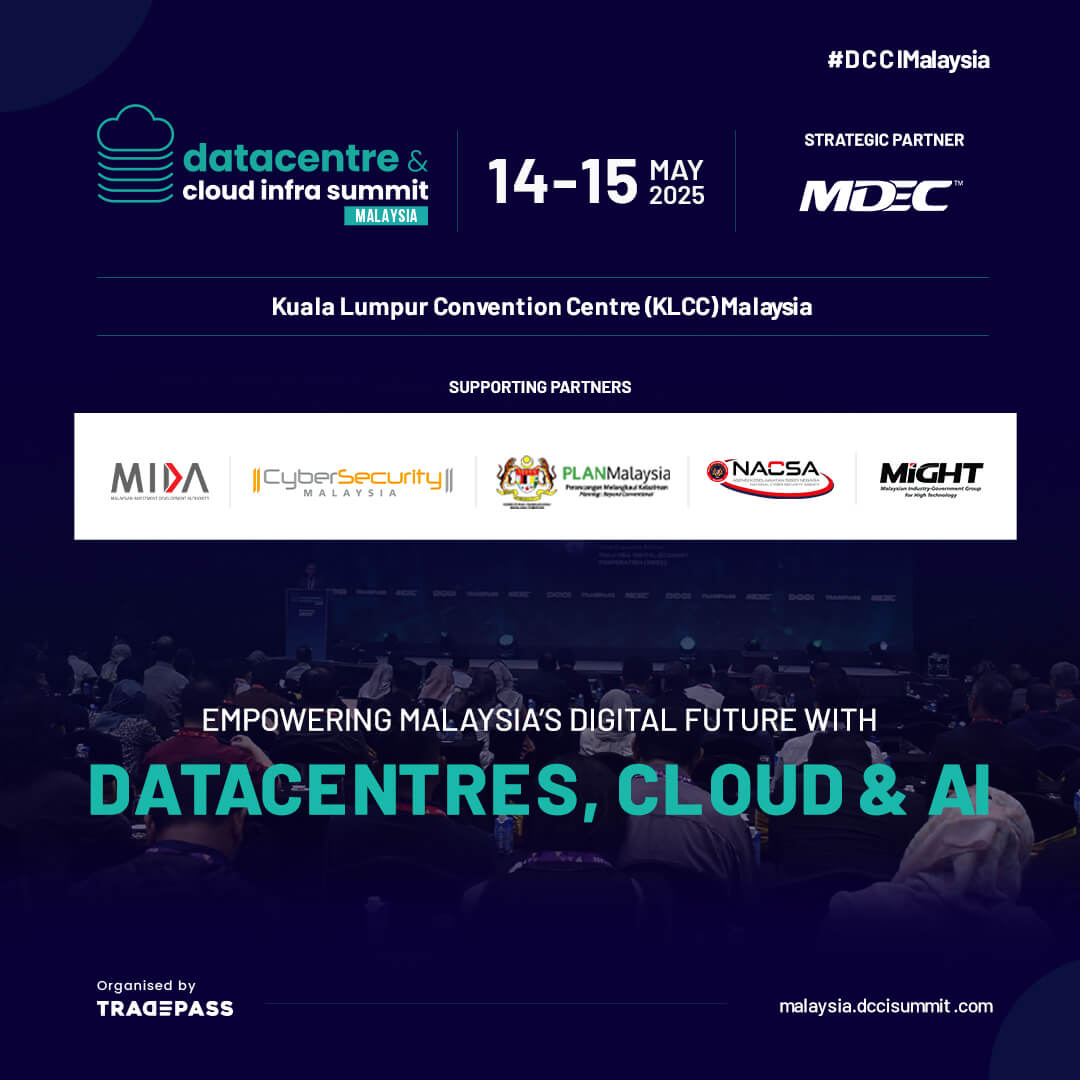(ADS) Heaptalk, Jakarta — Data and information have become high-value commodities in the digital industry. The global great powers are competing to become tech leaders by collecting as much data and information as possible to build technologies in cloud industry, including artificial intelligence (AI) models.
This era allows war with technology as the main weapon, making data and information protection a country’s defense. Lately, the US and China are ramping up the race to become a global tech leader. In January 2024, the US is drafting rules requiring cloud service providers, such as Amazon and Microsoft, to identify and investigate foreign clients developing artificial intelligence applications on their platforms.
These rules include revealing foreign customers’ names and IP addresses, especially those from China. As we know, China has built numerous technologies, reducing its dependency on global providers including the US. Not only to meet domestic needs, technology from China, for example, Alibaba, Baidu, and WeChat, is also able to enter the global market.
According to DesktopIP CEO Phidi Soepangkat, the US wants to control the data and information in China to smooth its path to becoming a global tech leader. “China dares to block access to data and information since the country has built the technology to fulfill its needs. The US is still the winner by having the internet. However, the US cannot access China,” Phidi explained.
Building pillar technologies of Industry 4.0
Amid the US-China tech war, DesktopIP urges the Indonesian government to build technology to promote digital sovereignty. Currently, the company is developing its four pillar technologies, spanning IfVirty, Jaybod, Qubiql, and Mocaas. “We not only create apps, but we also create the technology. DesktopIP is involved in the core technology to contribute to realizing Industry 4.0,” Phidi voiced.
He further explained each technology and its respective role. IfVirty provides cloud computing as its underlying technology with Jaybod playing a role in facilitating data exchange. Jaybod can be deployed on multiple cloud providers, both DesktopIP’s IfVirty and other providers such as AWS.
Meanwhile, Qubiql assists users in communicating and managing daily activities through several features, spanning alarms and to-do lists. Phidi added, “Qubiql is a self-companion tool for anyone, both individuals and companies, to carry out digital transformation. “The tech company also developed a video streaming platform called Mocaas. All of these technology packages are aimed at supporting digital transformation in Indonesia.
Dominating domestic cloud industry
By creating the technology, Phidi is optimistic that at least Indonesia can dominate the domestic market before expanding to other countries such as ASEAN. As the country with the fourth largest population in the world, Indonesia has lucrative market potential. According to him, collaboration with the government is a must to support domestic technology companies.
He stated, “Companies in China can develop and dominate their own country likewise Indonesia with its large population. Therefore, Indonesia must be able to dominate the domestic market.”
Phidi further estimated that the cloud technology trend will increase for at least the next 10-15 years. This argument is strengthened by Industry 4.0 which uses cloud computing as one of its technological foundations alongside the internet, blockchain, machine learning, and artificial intelligence. Besides, digital transformation which involves data exchange also requires cloud computing as the core technology.













